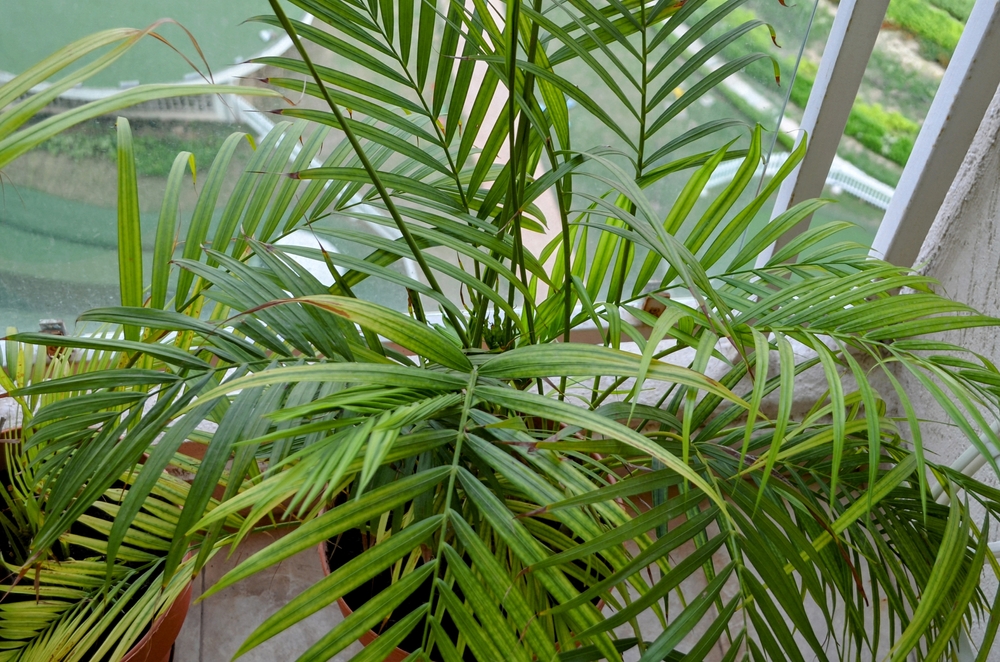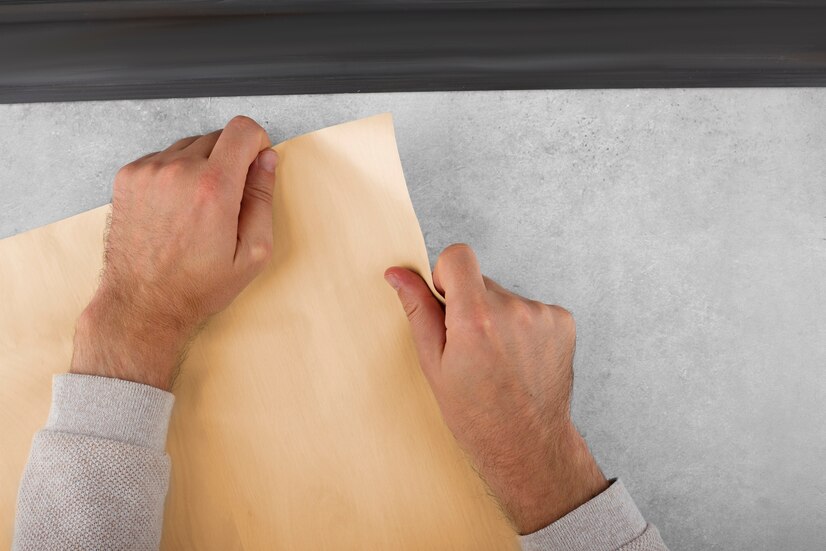Home security cameras have evolved into a necessary tool for homeowners at a time when security concerns are at an all-time high. Thanks to these alert electronic eyes, you may watch over your property with confidence and peace of mind. However, their efficiency may be jeopardised if security cameras are not appropriately protected.
To protect your home security cameras’ integrity and safety without running to CCTV data recovery experts, we’ll discuss the crucial measures you can take in this blog post.
The Importance of Securing Your Security Cameras
Security cameras are not just passive observers; they are active deterrents. Their mere presence can deter potential criminals from targeting your property. However, this crucial deterrent factor is void if someone can tamper with or disable your security cameras. To ensure your cameras remain effective, you must prioritise their security.
Secure Your Wi-Fi Network
Your home security cameras are often connected to your Wi-Fi network, making them vulnerable if your network is not adequately protected. Here’s how to secure it:
- Use secure, distinctive passwords for your Wi-Fi network and the camera’s login information. Do not use the manufacturer’s default usernames and passwords.
- Consistently Update Firmware: Manufacturers often publish updates that fix security flaws. Update the firmware on your camera regularly to stay safe from threats.
- Enable Network Encryption: WPA3 encryption gives more robust security than earlier protocols like WPA2; therefore, use it for your Wi-Fi network.
- Network Segmentation: To avoid unwanted access to your principal network, isolate your security camera system on a different network or VLAN (Virtual Local Area Network).
Protect the Physical Cameras
Securing your security cameras isn’t just about digital protection. Physical security is equally important:
- Install cameras out of reach and at an angle that makes them less vulnerable to tampering. Use vandal-proof camera housings for added protection.
- If possible, secure access to the camera’s power and data cables with locks or tamper-proof enclosures.
- Conceal camera wiring to make it more challenging for potential intruders to tamper with or cut the cables.
Did you try Two-Factor Authentication (2FA)
Many modern security camera systems offer 2FA as an extra layer of protection. Enabling 2FA requires users to provide a second form of verification, such as a code sent to their mobile device and their password. This significantly enhances the security of your camera system.
Regularly Monitor and Review Footage
One of the primary purposes of security cameras is to capture footage in case of an incident. To ensure your cameras are doing their job effectively:
- Check Footage: Periodically review camera footage to check for any suspicious activity or incidents. This allows you to address potential security issues promptly.
- Adjust Camera Settings: Ensure your cameras are correctly configured for your environment. Adjust settings like motion detection sensitivity to reduce false alarms and ensure accurate recording.
- Storage Management: Ensure that your camera’s storage capacity is sufficient and that old footage is regularly overwritten to make room for new recordings.
Secure Mobile Access
Many security cameras allow remote access via mobile apps. To secure this access:
- If your camera’s mobile app allows password protection, use strong, unique passwords for the app.
- Use biometric authentication methods like fingerprint or face recognition to access the app whenever possible.
Update And Maintain Cameras
Regular maintenance of your security cameras is essential for their long-term reliability and security:
- Cameras Clean: Dust, dirt, and spider webs can obscure camera lenses, affecting image quality. Regularly clean your cameras to maintain clear vision.
- Check for Physical Damage: Inspect your cameras for physical damage or signs of tampering during routine maintenance.
- Software Updates: Continuously update your camera’s software or firmware to patch vulnerabilities and improve performance.
Secure Data Storage
If your security cameras record footage, ensure the data is stored securely:
- Employ secure and encrypted storage devices or cloud services to store camera footage for easy data recovery. Ensure access is restricted to authorised users only.
- Periodically backup critical footage to prevent loss in system failure or theft.
Educate Yourself and Others
Educate yourself and your household members about the importance of security camera safety:
- Privacy Awareness: Be aware of privacy concerns and ensure your cameras do not infringe on your neighbours’ privacy.
- Password Sharing: Stress the importance of not sharing camera access credentials with unauthorised individuals.
You can ensure that your home security cameras continue to serve as reliable gatekeepers of your property by adhering to these instructions and remaining vigilant. The safety and peace of mind that security cameras are supposed to provide are maintained by staying ahead of potential threats. Keep in mind that security is an ongoing effort. To protect yourself from the headache of CCTV video recovery, you must use current technology’s benefits without sacrificing your security if you take a proactive approach to security.



